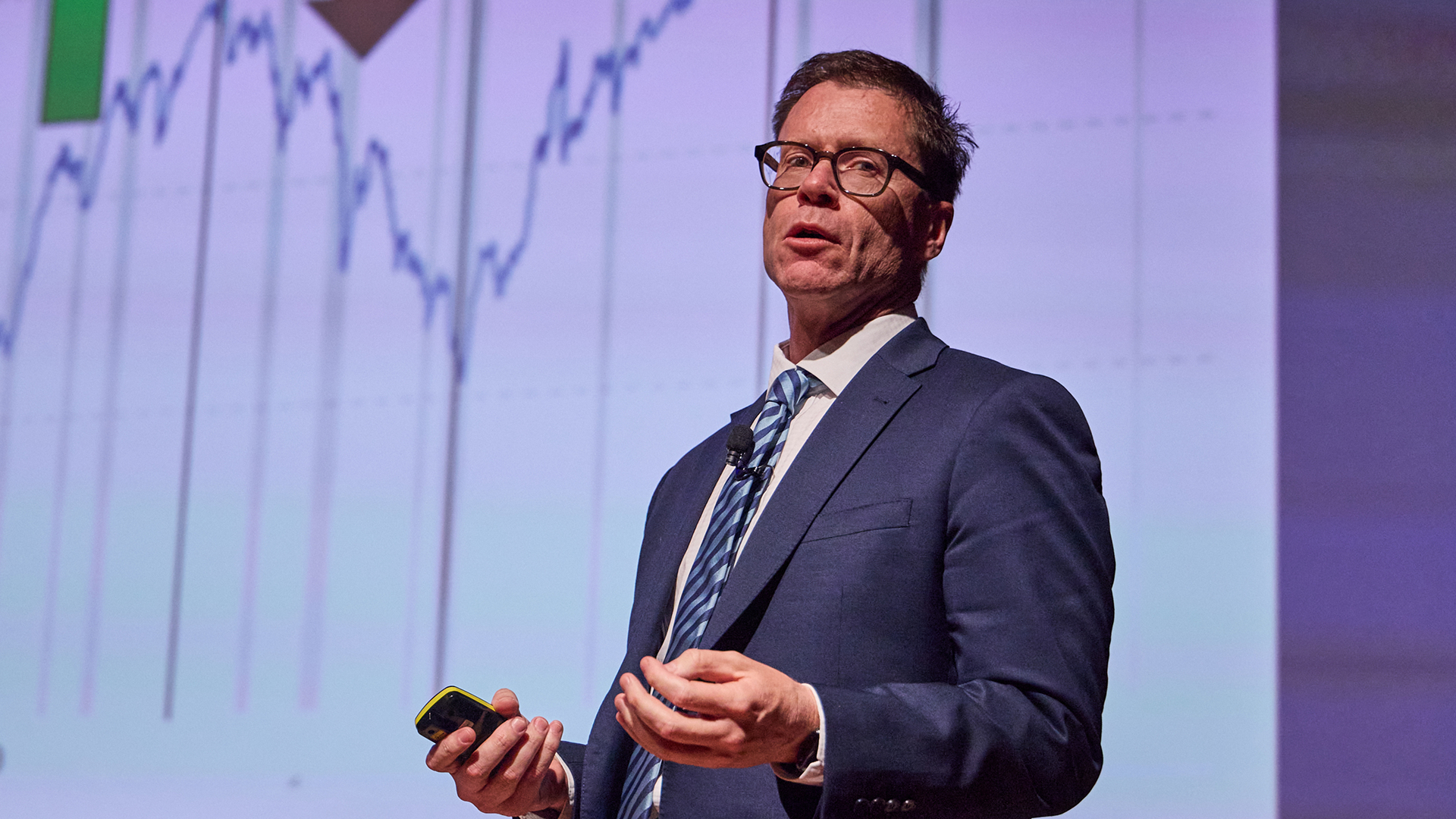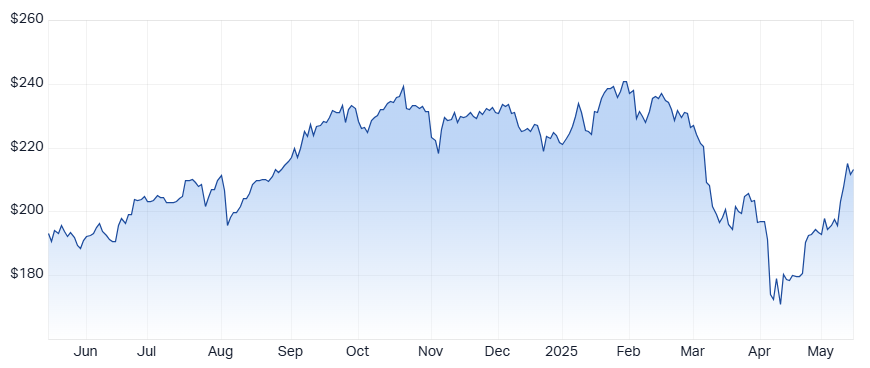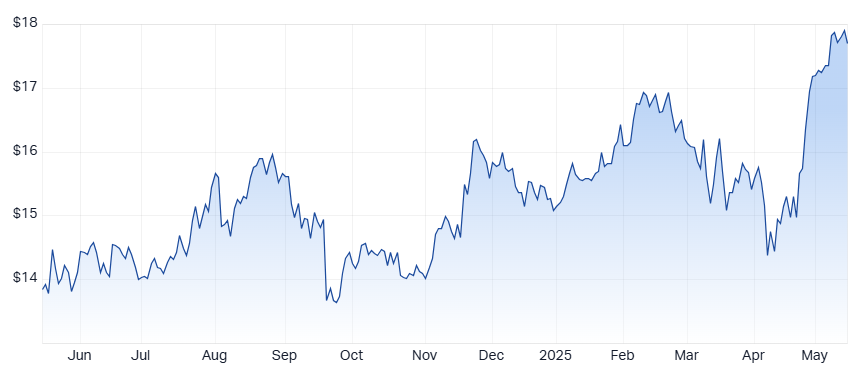Why Centennial’s Matthew Kidman went to 50% cash – and what he’s buying now
After building up cash ahead of this year’s market turbulence, Centennial Asset Management’s Matthew Kidman is gradually returning to his natural hunting ground: ASX small caps.

Q: During the February reporting season, the ASX was hitting record highs, and most investors were celebrating – but you were increasing your cash allocation. That was a great move in hindsight, but why so cautious so early?
During most profit reporting periods, we have taken some money out of the market because of stock volatility.
This last February was possibly the worst volatility we have witnessed with wild swings, big moves on little news – and it reminded me of what happens when things start to break.
So, we lifted our cash levels to about 30% by mid-February. Then things kept deteriorating, especially with the news coming out of the US, so we took that up to 50% before the tariffs landed in April.
Q: Your fund’s known for its flexibility – cash, large caps, shorts if needed. How important is that edge in markets like this?
It’s critical.
We didn’t set this fund up to run someone else’s money – we started out just managing our own capital, and that mentality is still baked in.
If conditions aren’t right, we don’t force it. That means going to cash or owning big, boring defensives like Telstra (ASX: TLS) or Coles (ASX: COL) when needed. A lot of small-cap funds can’t do that; they must stay fully invested. But if you can duck when the punches are flying, you live to fight another day.
Flexibility is probably the most underrated edge in investing.
Q: Now that things have settled a little, are you putting that cash back to work?
Slowly, yes. We’ve moved about 20% back into the market so far and we’ll probably redeploy a good chunk of the rest over the next four weeks, barring any surprises.
Macquarie Bank (ASX: MQG) was one we picked up after it sold its North American and European public asset management unit.

ALS Limited (ASX: ALQ) is another one we like. We’ve started rotating out of large caps that helped us defend, and we’re going back to what we know: small and mid-caps with strong balance sheets and sensible valuations. But it’s not a case of just diving back in; we’re foraging carefully.

Q: Are there sectors or themes you expect to lean into as conditions change?
Rate-sensitive consumer names are creeping back onto our radar.
If the RBA cuts rates four or five times this year – which I think they might – you’ll want to be in the parts of the economy that benefit from that.
Property developers Mirvac Group (ASX: MGR) and Stockland (ASX: SGP) are on our radar, as is furniture retailer Nick Scali (ASX: NCK). There have been a lot of strong performers in the retail sector over the years, and we have been lucky enough to own a few like Beacon Lighting (ASX: BLX) and Universal Store (ASX: UNI). We’re also keeping an eye on southeast Queensland plays like Wagners (ASX: WGN) and Acrow Limited (ASX: ACF), especially with the Olympics coming and infrastructure spending ramping up. The Queensland government seems to be taking the “expensive” path when it comes to building stadiums, so that’s good for businesses in the supply chain.
Q: You’ve been avoiding Victoria. Why’s that?
Every company we speak to says the same thing: Victoria’s dragging. There’s low confidence, stretched public finances, and not a lot of momentum.
That’s not a place where you want to be allocating capital.
For Australia to really kick on, Victoria needs to lift – but right now, it’s lagging badly. So, we’re sticking to the East Coast more broadly, where we’re seeing more resilience and opportunity.
Q: How do you think about risk in an environment like this? Lots of people still fear a recession.
That fear is justified.
If there’s no deal between the US and its trading partners, and demand starts to really contract, then we’re staring down the barrel of a proper recession.
In that kind of environment, corporate earnings fall 25%–35%, and markets drop 30% or more.
Personally, I’m hopeful that the Trump administration will negotiate deals with America’s major trading partners – as we saw with the UK last week – and that we’ll avoid a significant global recession. But we’re still in that in-between phase.
1 stock mentioned
1 contributor mentioned

